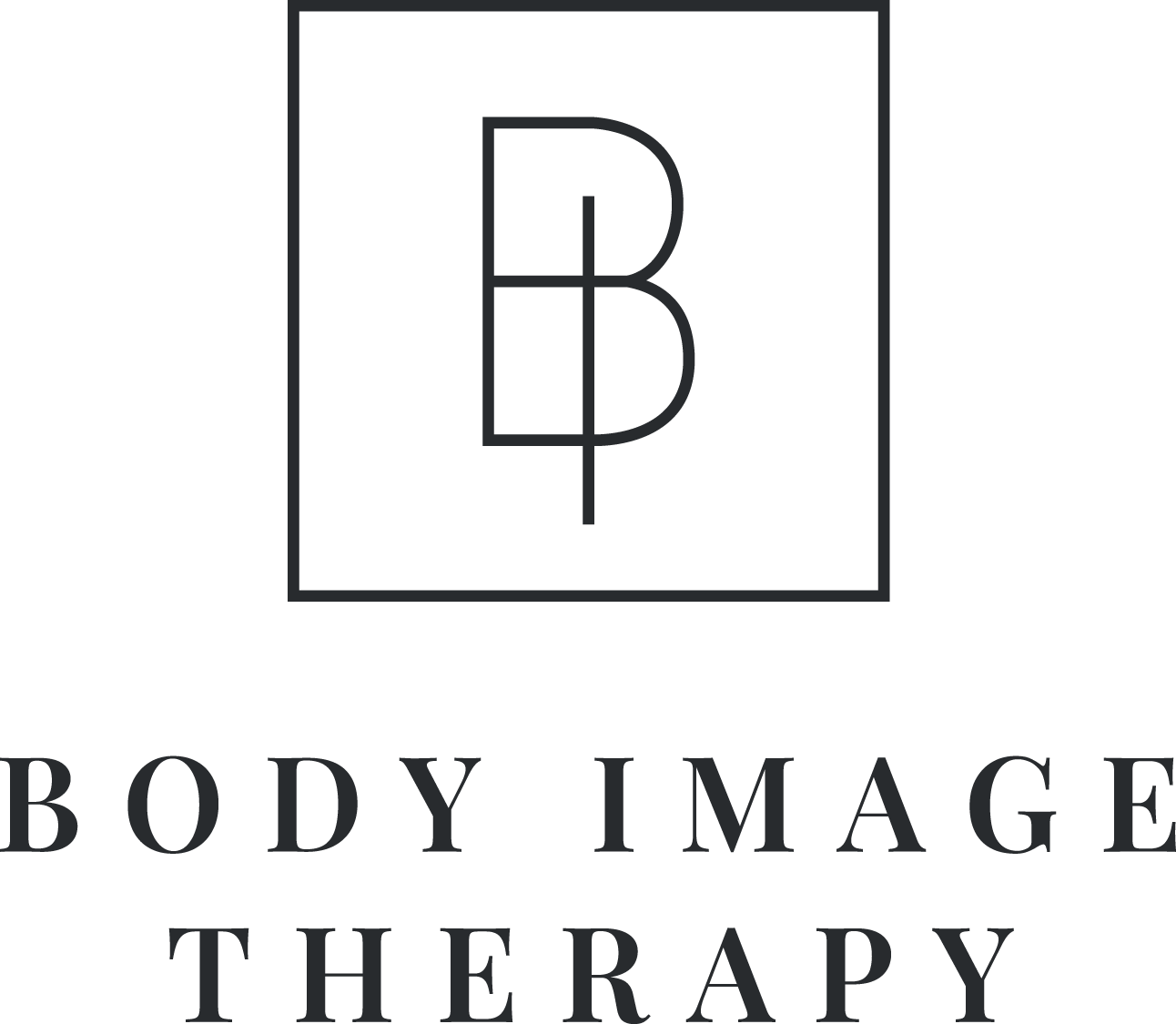
The Truth about Diet Culture & Eating Disorders
Recently the media has been awash with the message that ‘thin is in’ which echoes back to the ‘heroin chic’ aesthetic of the 1990’s. This is a far cry from the ideal shape of the last decade in which ‘big boobs and big butts’ were popularised by Kim Kardashian. Society has always been obsessed with the ‘perfect’ body however it’s an ever-changing ideal. When trying to attain this ideal, the food we eat becomes a priority. We don’t have to look very far to get help as diet culture is everywhere. The dieting industry promises us that by eating the ‘right’ foods we can all achieve the perfect body.
Dieting as a panacea for all of our body woes is a common myth. California’s largest university, UCLA conducted a literature review on dieting and found that:
• Dieting was a consistent predictor of weight gain.
• Up to 2/3rd of the people regained more weight than they lost
• “In the long term, dieting to control weight is not only ineffective, but it may also actually promote
weight gain”
• Teenage dieters had twice the risk of becoming overweight, compared to non-dieting teens.
The concept of set-point theory states that our weight is genetically pre-determined, much like our height and eye colour. The human body is constantly trying to keep our weight at its set point range. If someone eats too little the body thinks there is a famine and tries to help. The metabolism slows to conserve energy, hunger signals are activated and the mind becomes pre-occupied with food (in the hope it will receive some). This makes the person vulnerable to binge eating and a vicious cycle of restricting and bingeing is set up. Dieting is akin to fighting our genetics and it’s a battle we’re destined to lose.
Losing the battle can have grave consequences; eating disorders are always preceded by dieting behaviour and are one of the most serious psychiatric disorders. The dangers of diets are not to be underestimated; some clinicians believe the subliminal message in dieting is ‘die eating’. Complications from eating disorders result in a death every 62 minutes (National Centre for Eating Disorders). Eating disorders put individuals at risk for developing other psychiatric disorders. 97% of individuals with an eating disorder have comorbid mental health diagnosis.
There is not a single cause of eating disorders, but these factors have been found to predispose an individual to an eating disorders:
• Biological- genetics (50%), neonatal complications, dieting history
• Psychological- perfectionism, difficulty regulating emotions, body dissatisfaction
• Social- pressure to be thin/muscular, bullying, lack of social support
The interplay of the above factors will result in an individual having a sensitivity to weight, shape and their control. A critical incident such as a relationship breakdown or difficulty at school/work will trigger the person’s sensitivity and food will be used as a way to cope with their distress. Using food for comfort and control can quickly escalate to an eating disorder.
The Diagnostic and Statistical Manual of Mental Disorders (DSM-5) (American Psychiatric Association [APA], 2013) specifies four categories of eating disorders:
• Anorexia nervosa: identified by significantly low weight, fear of gaining weight and restricted eating patterns (some may binge & purge).
• Bulimia nervosa: identified by binge eating episodes during which large quantities of food are consumed in short periods of time (≤2 hours) and accompanied by compensatory behaviours (e.g., vomiting, excessive exercise, laxative abuse), normal weight.
• Binge eating disorder: identified by recurrent, psychologically distressing binge eating episodes in the absence of compensatory behaviours, feels out of control, normal weight.
• FEDNEC (Feeding & Eating Disorders Not Elsewhere Classified): Symptoms are characteristic of a feeding and eating disorder and cause significant distress or impairment in social, occupational or other important areas of functioning, but do meet all criteria for a feeding or eating disorder. Orthorexia would fall into this category and is generally when a person has an obsession with clean or pure foods.
If the media’s emerging obsession with thinness continues to rise cosmetic surgery clinics could see an influx of patients requesting body contouring procedures. Vulnerable to this will be the eating disorder patients who have excessive concerns about their shape and weight. The most requested procedure by patients with eating disorders is liposuction (Jávo et al, 2012) . Motivated by a distorted body image they may see aesthetic surgery as a solution. This puts them at risk of poor psycho-social outcomes as no amount of aesthetic procedures will alleviate a psychiatric disorder.
Body Image Therapy screen patients for eating disorders prior to cosmetic surgery. If an eating disorder is detected CBT therapy will be offered as a way to recover from the eating disorder. The decision to have cosmetic surgery is best delayed until after psychological therapy.

